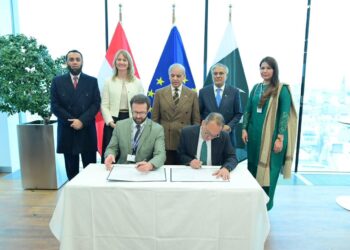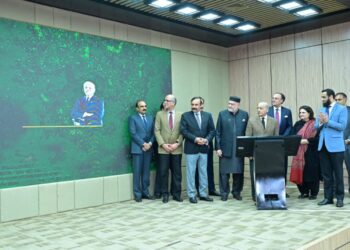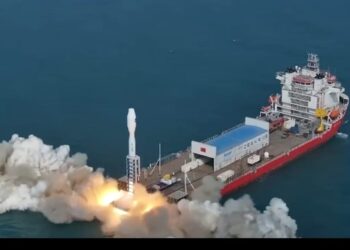The Organization of Islamic Cooperation (OIC) has blamed Israel for the attack that killed Hamas political chief Ismail Haniyeh in Iran, while Iran has vowed to retaliate.
In a statement issued after an extraordinary meeting of the 57-member bloc in Saudi Arabia on Wednesday, Al Jazeera reported, they held Israel, the illegal occupying power, responsible for the heinous attack, which Iran blamed for the attack. It was a grave violation of his sovereignty.
Mamadou Tangara, the foreign minister of Gambia, the country that chairs the OIC, said that the heinous killing of Ismail Haniyeh and the ongoing war in Gaza could lead to a regional conflict.
He said that the aggression and violation of the sovereignty and territorial integrity of the Islamic Republic of Iran through the assassination of a political leader on its soil is an act that cannot be seen in isolation.
According to him, this heinous act will only serve to escalate the existing tension which could potentially lead to a wider conflict involving the entire region.
Recall that Iran and Palestine convened a meeting of the OIC in the Saudi coastal city of Jeddah, a bloc that describes itself as the collective voice of the Muslim world.
Host Saudi Arabia also said that the killing of Ismail Haniyeh is a clear violation of Iran’s sovereignty.
The Kingdom’s Deputy Foreign Minister, Waleed Al-Khairiji, said that his country rejects the violation of the sovereignty of states or interference in the internal affairs of any country.
Hamas and Iran blamed Israel for the killing of Ismail Haniyeh in Tehran last week, but the Israeli government has not confirmed or denied responsibility.
Iran has vowed to retaliate by threatening to punish Israel severely, but the US and other Western countries are calling for a de-escalation of tensions.
US State Department spokesman Matthew Miller said on Wednesday that many OIC members agree with Washington that an escalation of tensions will exacerbate ongoing crises in the region.
He said that we will hope that this OIC meeting will have the same thing that we have been trying to implement since last week.
He added that regional tensions could threaten the prospects of a cease-fire agreement in Gaza.
The message we are sending to everyone is that obviously this is a very critical time for the region, tensions are high, but hopefully we are in the final stages of a ceasefire agreement.

























